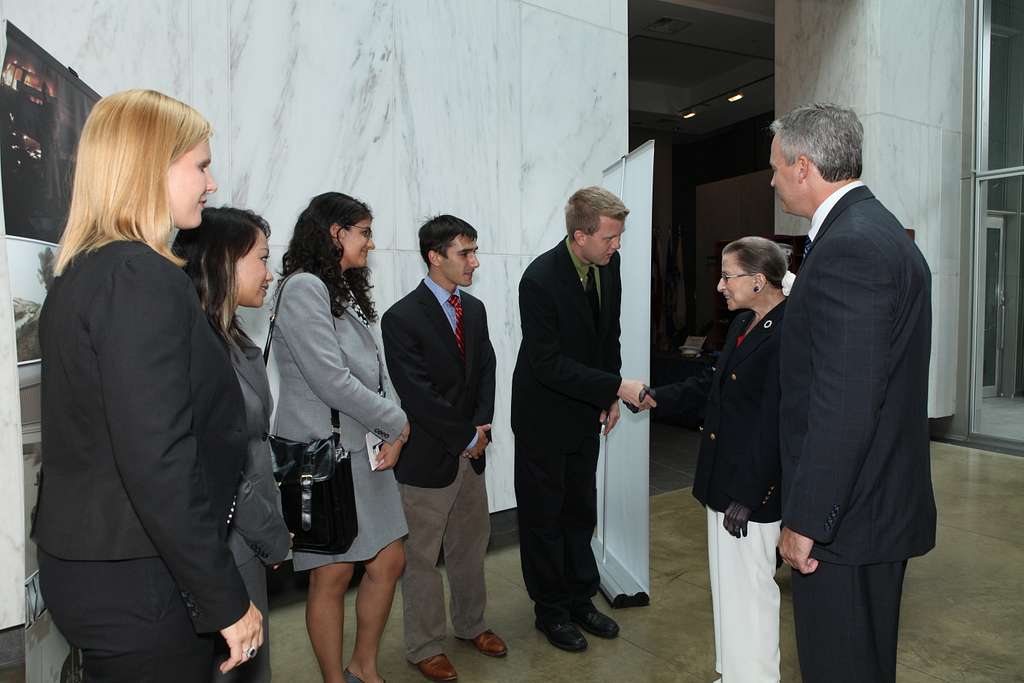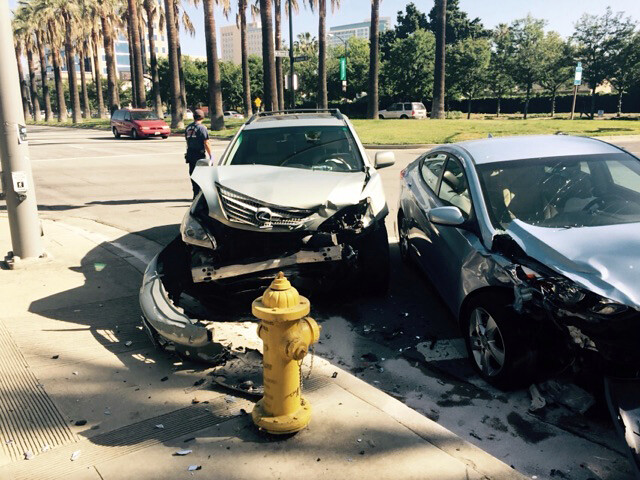Fiduciary Ins. Co. of Am. v Medical Diagnostic Servs., P.C., 2017 NY Slip Op 03888 (1st Dept. 2017)
“While an insured party may recover attorneys’ fees where it successfully defends against its insurer’s action seeking a declaratory judgment that it has no duty to defend or indemnify its insured (see Underwriters Ins. Co., 3 NY3d at 597; Mighty Midgets v Centennial Ins. Co., 47 NY2d 12, 21 [1979]), “[t]he reasoning behind [the award of such attorneys’ fees] is that an insurer’s duty to defend an insured extends to the defense of any action arising out of the occurrence, including a defense against an insurer’s declaratory judgment action” (Underwriters Ins. Co., 3 NY3d at 597-598). Here, plaintiff owes defendant Star no duty to defend, as Star is merely seeking reimbursement for chiropractic services rendered to the claimant in this no-fault action. While Star was assigned the claimant’s rights for such reimbursement, the claimant was merely the injured party in the taxi at the time of the accident, and plaintiff owed no duty to defend the claimant. Star, as assignee of the claimant’s rights, could acquire no greater rights than its assignor (see New York & Presbyt. Hosp. v Country-Wide Ins. Co., 17 NY3d 586, 592 [2011]), and did not acquire any right to a defense from plaintiff. Thus, the court properly held that Star was not entitled to attorneys’ fees in this case.”
What if Plaintiff owed a duty to defend the Assignor, i.e., Assignor was the driver of the taxi. The record on appeal shows otherwise. Does that change the scenario notwithstanding the fact that “Star is merely seeking reimbursement for chiropractic services rendered to the claimant in this no-fault action”? I throw it out there because the decision is ambiguous. “[The court] speaks with a forked tongue.”













2 Responses
This analysis is utterly bogus. What they are doing is looking at the public policy that drives UIM coverage and then ignoring whether there are policies attendant to no-fault law that would require the same treatment. Of course there are. The notion that an insurer may, attendant to the No-fault statutory scheme, lodge a DJ that has zero merit and thereby force the provider to expend vastly more fees in the defense of the claims than the value of the claim is simply bogus.
I say the answer to your question is no — since the No-Fault Endorsement is distinct and separate from the liability duty to defend/indemnify, and therefore is not implicated even if the assignor has two roles. Assuming, however, to the contrary: the assignor-as-defendant arguably may have a right to attorney’s fees by virtue of his status as an insured, but the assignee of that assignor does not, as their rights flow singularly and only from the assignment of no-fault benefits and obtain no other right under the policy that may arise out of the liability endorsement.